- 27 Posts
- 16 Comments

 171·6 days ago
171·6 days agoModel weights, datasets, data generation code, evaluation code, and training code are all publicly available.

 1·9 days ago
1·9 days agoThere is no slavery-like labour as is in China which is a major reason why cars are that cheap.

 13·10 days ago
13·10 days agoI don’t understand this language. If you read the quotation out of context, you are right, but the article clearly refers to Tibet and the environmental impact there - and only there. The whole case is about Tibet. I honestly don’t understand why you make that such a big deal.

 3·10 days ago
3·10 days agoTim Karr, a senior director at Free Press, a U.S.-based organization that advocates for more just and democratic media, wrote in August 2023:
Working With China to Censor Critics
As Musk began rolling out sales of Tesla in China in 2021, he and company colleagues became unnerved by a number of consumers who had taken to Chinese social media to complain about issues with the company’s malfunctioning electric cars. Rather than fix the problems, Tesla called on the Chinese government to use its censorship powers to block its critics online.
By the end of the year, the company filed defamation claims against at least two Chinese citizens who raised concerns about the safety and quality of its vehicles …
Addition:
Here’s a look at free speech absolutist Elon Musk’s ties to Chinese censorship – (2022)
Consumers began to stage increasingly visible anti-Tesla protests [over reported vehicle malfunctions, such as brake failures, unexpected acceleration, and battery fires], leading Tesla to undertake an effort to better control public perception of the brand. The plan it devised reportedly involved the company “complain[ing] to the government over what it sees as unwarranted attacks on social media,” according to insiders who spoke to Businessweek at the time, then “ask[ing] Beijing to use its censorship powers to block some of the posts.”

 21·11 days ago
21·11 days agoI agree that the title may be a bit misleading as it could be understood as to comparing the two technologies, although this isn’t what the authors want to say. But, yes, it could easily be misunderstood. (Just don’t want to edit the original version now unless the community and/or mods wish me to do so.)

 32·11 days ago
32·11 days agoOne report from 2023 already discusses the issue. A brief summary of the report can be read in the article China’s Greed for Lithium is Killing the Tibetan Plateau:
The report further stressed that this large-scale exploitation of Tibet has been initiated and supported by Xi Jinping himself under his “Made in China 2025” campaign. During his visit to Qinghai Province in 2021, Xi called for the escalation of lithium extraction on a large scale. Apart from lithium, Tibet is home to the world’s largest deposits of critical minerals used in various technologies in critical industries like pharmaceuticals and electronics …
However, the continuous mining in the area has had a devastating impact on the ecology of the Tibetan Plateau, raising the pollution level. It not only polluted rivers and streams but, in several cases, even diverted their flow. This has severely affected the flora and fauna of the region. The government in Beijing seems least concerned about the negative effect of continuous mining across the Tibetan Plateau. Its whole focus is on making money …
Rivers have been affected the most, and they are far from recovery. The Tibetan Plateau is the origin of mighty rivers like Mekong and Yarlung Tsangpo (known as Brahmaputra in the Indian sub-continent). These rivers have been the living force for millions of people in Southeast Asia and South Asia …
Another problem is the contamination of soil. During lithium extraction, several chemicals come into contact with soil. Rivers and floods further aid this contaminated soil to reach agricultural fields, affecting the growth of crops. Apart from poisoning the nearby surface water, it also has severe effects on the groundwater …
China has made false promises at platforms like the Conference of Parties (CoP) summits and other environmental protection summits. Little has been achieved in maintaining ecological biospheres around Tibet.
On the contrary, Tibet has become a dumping ground for Beijing. Glaciers are melting, tens and hundreds of small rivers and streams have dried up, the air is polluted, and floods have become normal occurrences. Many critically endangered species are on the verge of extinction. The “roof of the world” is going through the biggest turbulence while Beijing is busy extracting “white gold.”
The report goes on with a lot more of devastating pollutions. And this is just one among many, see, for example, here. You’ll find more on the web.

 2·11 days ago
2·11 days agoThe definition says it must include data information (“the complete description of all data used for training, including (if used) of unshareable data, disclosing the provenance of the data, its scope and characteristics, how the data was obtained and selected, the labeling procedures, and data processing and filtering methodologies”), as well as code and paramters. Read your link.
The guys at Hugging Face are working on a more open model based on Deepseek as they also claim it is not fully Open Source.
Thank you for stating that “@Hotznplotzn@lemmy.sdf.org is likely a paid actor” being baseless. It indeed is, although your hint is not too friendly.

 2·11 days ago
2·11 days agoI respectfully disagree. The analysis provides much more input that Deepseek’s press release claiming its USD 5m budget (and some other points -e.g. of being Open Source while it isn’t, and other points.)

 21·13 days ago
21·13 days agoFrom an article on an AI summit in Europe with such a title I would have expected that Eurooean LLM projects are at least mentioned.

 41·18 days ago
41·18 days agoI never believed that myth either, but it’s been around here on Lemmy these days :-)

Yeah, the European Union is also good. For the first time in 2024, solar energy in the EU surpassed coal in generating electricity across all 27 EU member states, while natural gas production of electricity fell for the fifth year running.
In the European Union (EU), 47% of electricity now comes from renewable sources like wind and solar, a new record according to a report from the think tank Ember. This is a far higher percentage than in other countries, including the United States and China, where about two-thirds of energy comes from fossil fuels such as oil, coal, and gas.

As I said, tthe narrative that China as leading the path to a better climate is simply wrong. China’s track record regarding the fight against climate change is -very much as those of most other larger countries- an absolute disaster: https://climateactiontracker.org/countries/china

That’s an oversimplification of the article. It’s not that “we should burn fossil fuels.” China should rather stop burning them.
China’s measures to fight climate change are highly insufficient as per practically all independent metrics, and the Chinese government doesn’t appear to be even willing to reduce its emissions. It keeps on to produce a massive amount of overcapacity to to flood the world (and especially the global south) with cheap products for geopolitical and economic gains.

 21·19 days ago
21·19 days agoSee my comment above regarding the state actors. The Chinese government apparently tries to influence the narratives on Tiktok.
I would also like to make some criticism of the so-called ‘manufactured consent’. Chomsky and Herman made some points on corporate media, but their conclusion is wrong. People do not consent on news just because they can’t influence the content. You can ‘manufacture the news’ -as is done by corporate media in the U.S. and ‘the West’ as well as in China by the Communist Party- but that does not mean people consent.

 13·19 days ago
13·19 days agoChina, in particular, has developed sophisticated strategies to control narratives and influence public opinion through digital platforms. This phenomenon, often referred to as “networked authoritarianism,” involves state actors using subtle tactics like algorithmic manipulation and strategic content curation to shape narratives on popular social media platforms.


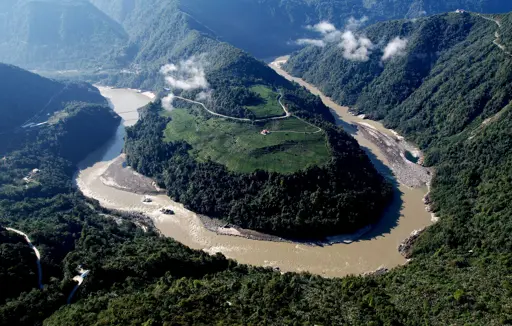
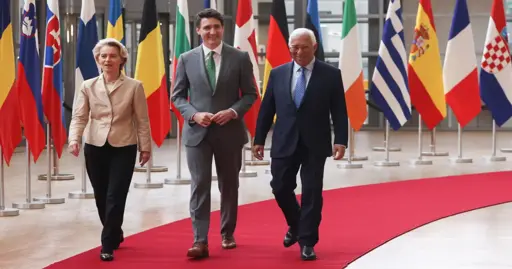

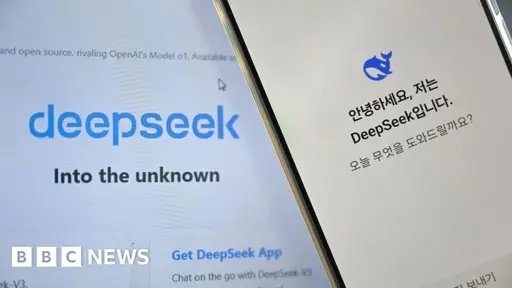

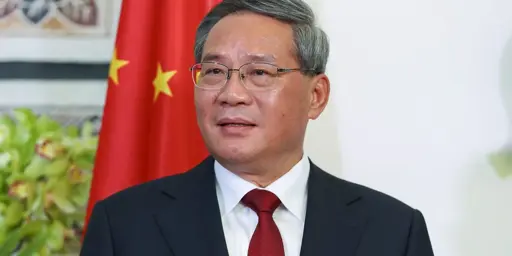


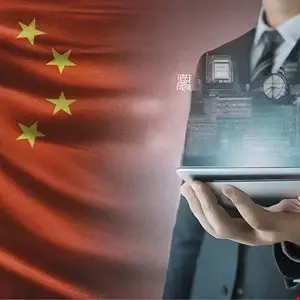

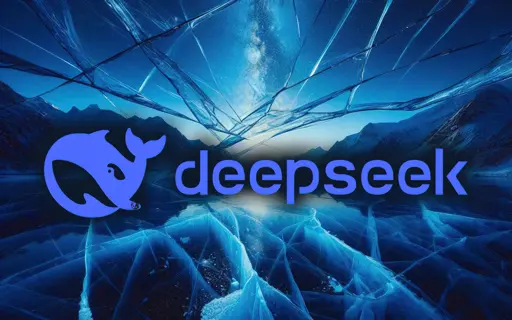
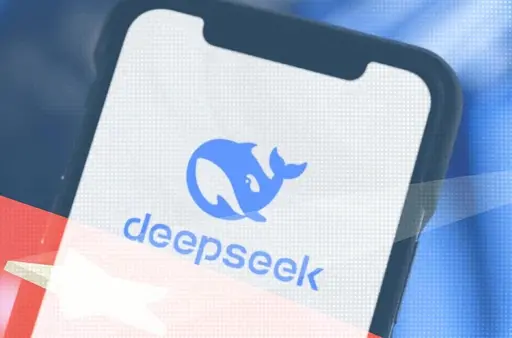

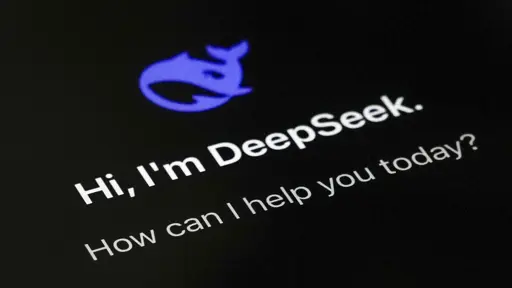
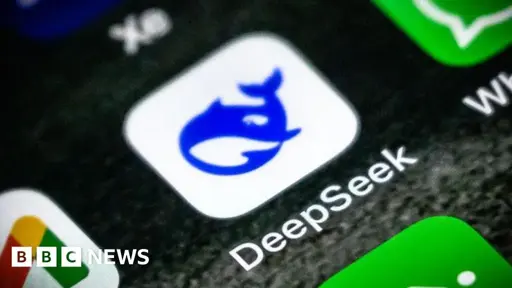
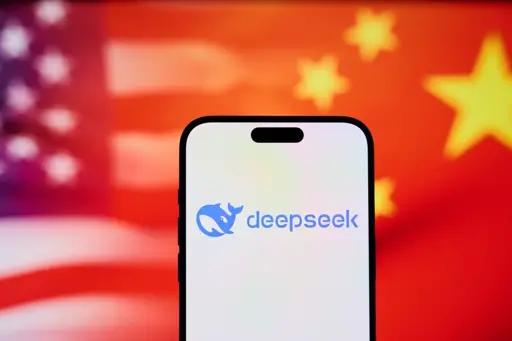
As @naeap@sopuli.xyz said, it’s on their Hugging Face site (here the link again: https://huggingface.co/open-thoughts/OpenThinker-32B), just below the first table are all the links.